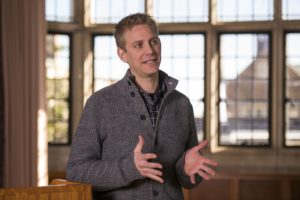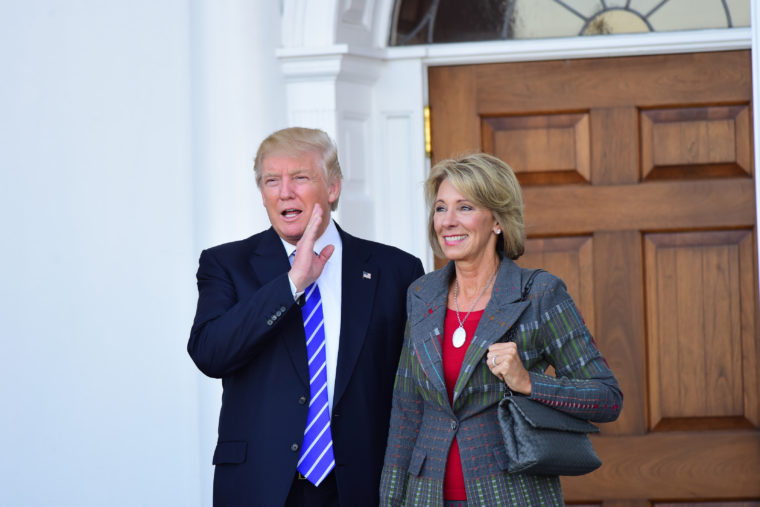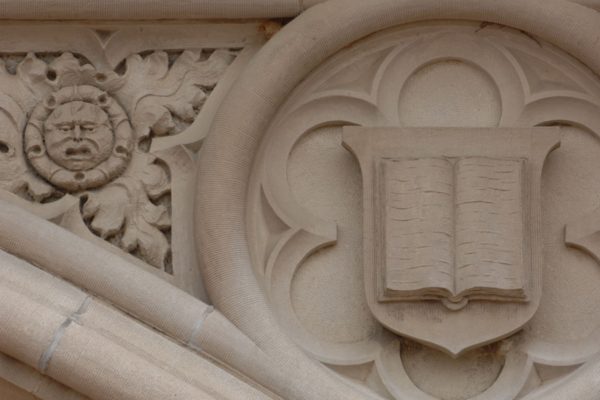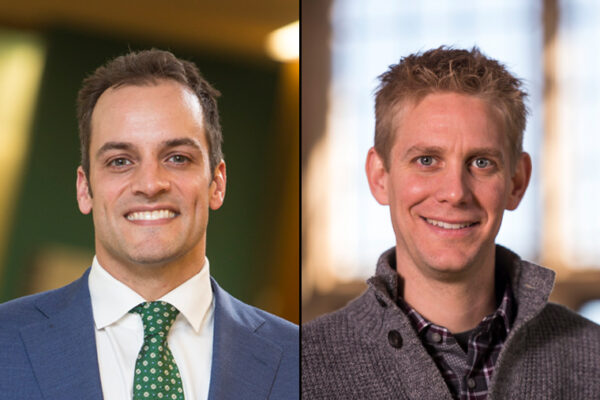Betsy DeVos is arguably the most controversial figure ever nominated to lead the U.S. Department of Education. But in covering her nomination, many journalists have conflated valid concerns about experience, temperament and political beliefs with questionable assumptions about her religious background, argues Abram Van Engen, associate professor of English in Arts & Sciences at Washington University in St. Louis.

“Betsy DeVos’ nomination as Secretary of Education has prompted intense scrutiny,” Van Engen writes in “Advancing God’s Kingdom: Calvinism, Calvin College, and Betsy DeVos,” a recent essay for the online journal Religion & Politics.
“That is right and fitting, given her lack of both experience and expertise. But it is dismaying that much of this scrutiny has seized on myths about Calvinism and the Christian Reformed Church — equating a religious background with a current stance about educational policy.
“By blaming the Christian Reformed Church for DeVos’s political positions, we mistake its actual teachings, misplace the religious roots of her worldview, and misconstrue the way religion actually shapes behavior and belief.”
Like DeVos, Van Engen attended Calvin College in Grand Rapids and supports Christian education. But, like many Calvin alumni, Van Engen also has deep reservations about DeVos’ positions on a host of educational issues, from vouchers and charter schools to for-profit education and free market educational policies.
“That’s the thing about religious traditions,” Abram writes. “They can be highly formative without yielding predictable results.”
Van Engen is the author of “Sympathetic Puritans: Calvinist Fellow Feeling in Early New England” (Oxford University Press, 2015), which explores how a Calvinist theology of sympathy helped shape early American culture and literature. Religion & Politics is a project of Washington University’s John C. Danforth Center on Religion and Politics, where Van Engen serves as affiliate faculty.
For the full essay on Calvinism and DeVos, visit religionandpolitics.org. Follow Van Engen on Twitter @AbramVanEngen.
Read more “First 100 Days” messages at Election2016.wustl.edu.



